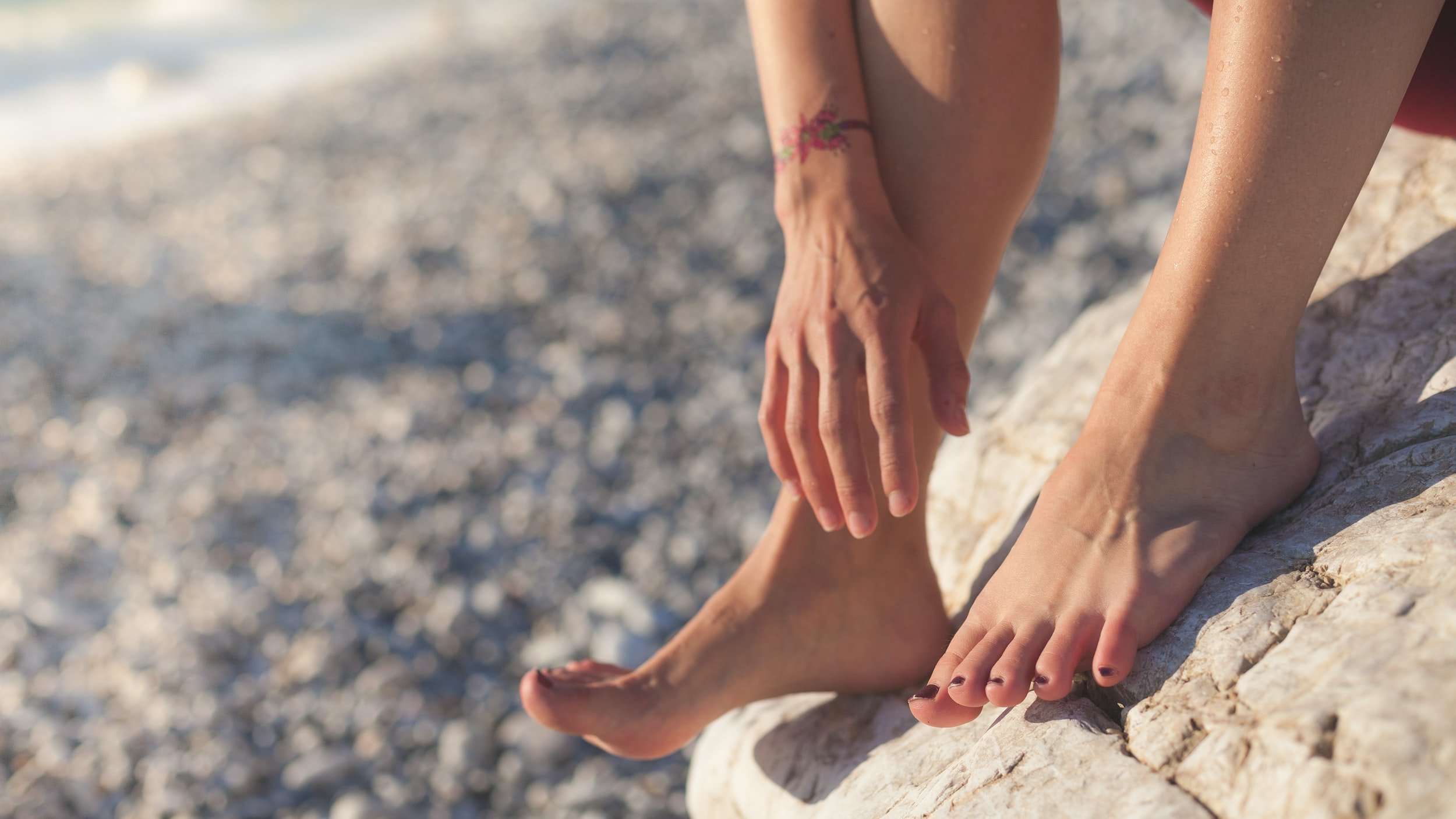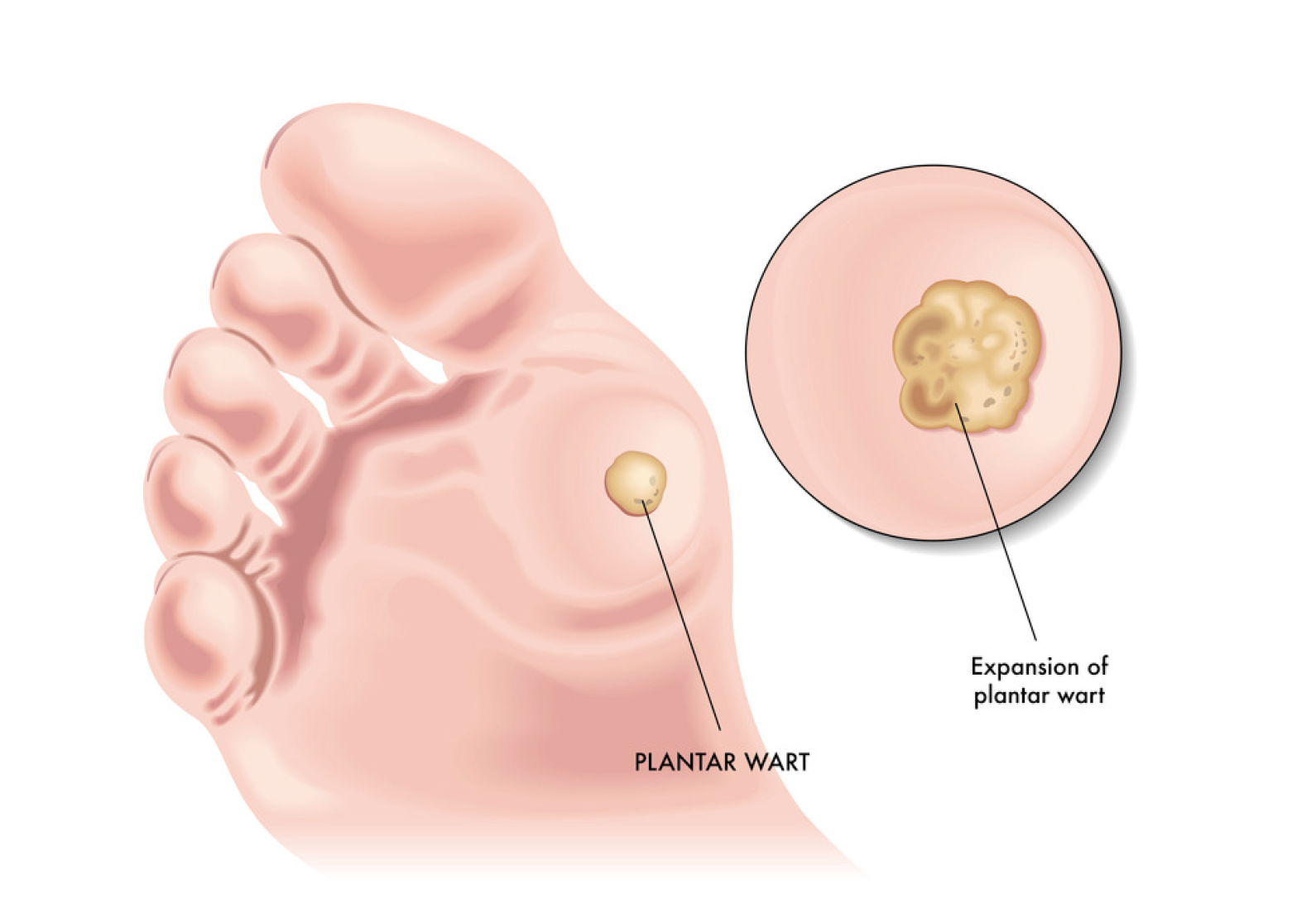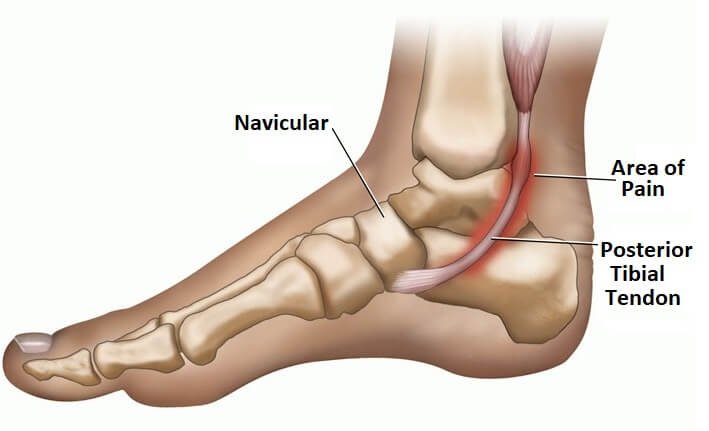Conditions
-

Achilles Tendonitis
Achilles Tendonitis is commonly known as heel pain, which describes its key symptom. But there are several causes of heel pain.
-

Arthritis
Arthritis can develop in joints in many places around the body. Painful inflammation accompanies the condition, which characterises an arthritic joint. When the joint is weight bearing, then it has an additional impact on your quality of life.
-

Bunions and Lesser Toe Disorders
Toes have extremely important functions. Like the rest of the foot, toes are complex structures. They help absorb our body weight and ground pressure when walking. They assist us with our balance and create the ‘push off’ movement as we walk.
-

Children's Foot Issues
Childhood can be the birthplace of lifelong mobility issues suffered in adulthood. Ankle and foot issues are common in children. Parents often think their children will simply outgrow foot problems naturally.
-

Cracked or Split Heels
Daily life is hard on feet. This rarely occurs to us, but each step that we take, requires the sole of the feet to carry the pressure of our full body weight. If there is a structural imbalance, then this pressure may be disbursed unevenly over the feet.
-

Flat Feet
Flat feet is the condition where the inner arch of the feet is unnoticeable or much less noticeable.
-

Foot Pain
Most people don’t worry too much about their feet. We tend to take our feet for granted – until they hurt, get injury or simply signal pain. Then, the feet become a constant pre-occupation and annoyance. Why are feet so susceptible to injury?
-

Fungal Nail
Onychomycosis is the medical name for the condition known as Fungal Nail. Fungal nails appear to be thickened, discoloured and crumbly. The unsightly appearance may continue to worsen over time if not treated.
-

Heel Pain
Heel pain is a condition that is extremely common in adult. It is therefore one of the most treated conditions in Podiatry. It’s usually the result of simple day to day tasks, but what underlies it?
-

High Arched Feet
Being the opposite of a flat foot, which may create a full foot imprint on paper, the very high arched foot only has an imprint in two distinct areas. Another way to recognize the distinct highly curved arch is by looking at a side view of the inner side of the foot. With a high-arched foot, the toes are often in a clawed position.
-

Hip, Knee & Back Issues
Unresolved pain can have serious effects on our quality of life and long term mobility.
-

Ingrown Toenails
Apart from being painful and inflamed an ingrown toe nail, if left untreated, can progress to an infection and even an abscess that requires a surgical intervention.
-

Muscle Cramps
Muscle cramps are sudden, painful and involuntary spasm of a muscle. Spasms can occur in muscles throughout your body. They can last from a few seconds to a few minutes.
-

Neuroma (Morton's Disease)
A neuroma is a benign tumour in nerve cells. In the case of Morton's Neuroma the tissue, around one of the nerves that leads to the toe, thickens hence causing a sharp, burning pain in the ball of the foot. It is referred to as the ‘inter-digital” neuroma because of its common position between 3rd and 4th toes.
-

Osgood Schlatter's Syndrome
Osgood Schlatter’s condition, otherwise known as a traction apophysitis of the knee, is inflammation of the growth plate at the insertion of the patella tendon into the tibial tuberosity. This is a long clinical definition for something best described as a painful childhood condition.
-

Plantar Fasciitis
Plantar Fasciitis creates excessive pain. It affects your mobility and hence it will affect your usual daily activities as well as the more active things you like to do from time to time.
-

Plantar Warts
Plantar verruca, commonly known as plantar warts are unsightly lesions on the bottom of the foot caused by Human Papilloma Virus (HPV).
-

Posterior Tibialis Tendonitis
The posterior tibial tendon is not well known, but it is hugely important to the stability of your foot. Not much thicker than a lead pencil, this tendon along with the Tibialis Posterior muscle, applies tension along the inside of your ankle in a way that stabilises and supports the arch of your foot. Without this function, your foot will flatten and loose its spring loading.
-

Restless Legs
About 10% of people have restless legs syndrome (RLS). Of these, only 2% - 3% have moderate to severe symptoms that affect their quality of life. More than 80% of people with restless legs syndrome also have periodic limb movement disorder where the arms or legs twitch or jerk during the night. The movements disturb sleep and can cause chronic sleepiness.
-

Sever's Disease
Sever’s Disease is the common name for calcaneal apophysitis, one of the most common causes of heel pain in children aged 8-14 years.
-

Shin Splints
Shin Splints are more likely to occur when your leg muscles and tendons are over-used. When you play certain sports the impact on your feet and legs can be as much as six times your body weight.
-

Sweaty & Smelly Feet
Know someone blighted with foot odour or is the issue close to your heart? It is an embarrassing social and health dilemma. Foot odour triggers a real motivation to act. Here are eight helpful times to tackle smelly feet easily at home.
